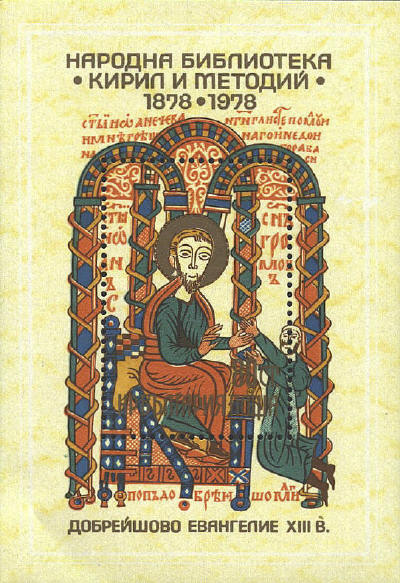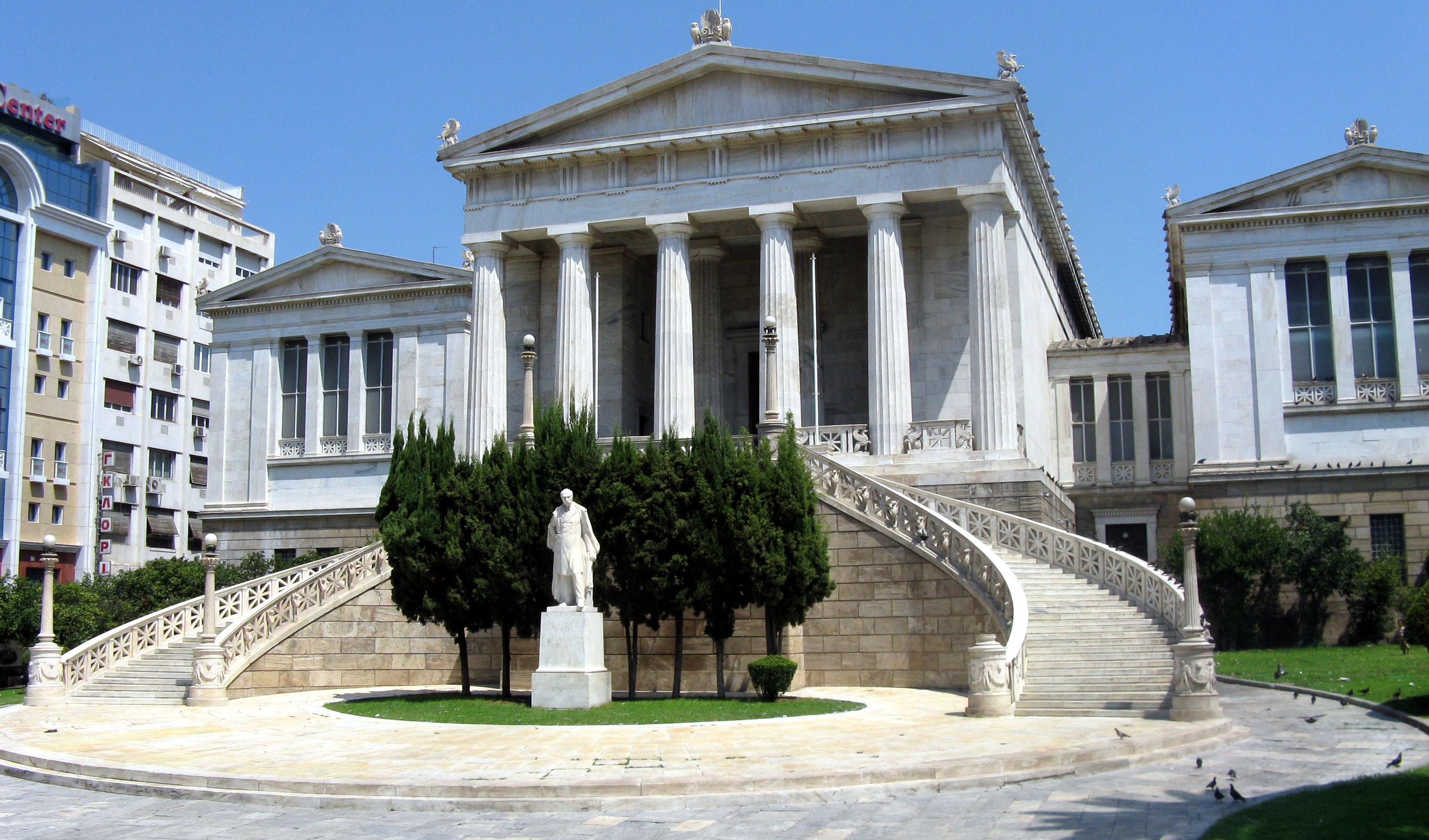Albania

Bosnia & Herzegovina, Croatia, Macedonia, Monetnegro, Serbia, Slovenia

Bulgaria
 Stamps & sheet of a 13th c. St. Methodius miniature issued to mark the 100th anniversary of the Cyril and Methodius National Library.
Stamps & sheet of a 13th c. St. Methodius miniature issued to mark the 100th anniversary of the Cyril and Methodius National Library.
Czech Republic & Slovakia
 Charles Bridge, Prague
Charles Bridge, Prague
-
Slovaks in America (Fedor)
Greece

Εθνική Βιβλιοθήκη της Ελλάδος
National Library of Greece
-
Center for Neo-Hellenic Studies / Σπουδαστηρίου Nέου Eλληνισμού
-
Contemporary Greek Poetry / συγχρονη ελληνικη ποιηση
-
Greece: Selected Internet Resources (Library of Congress)
-
Patrologia Orientalis This link opens in a new window
Hungary
Poland

Valerie Barden. "In Cracow".
Romania

Bran Castle near Brasov, Romania
Librarian

Megan Browndorf
She/Her
Contact:
Joseph Regenstein Library, Room 561
1100 E. 57th Street
Chicago, IL 60637
1100 E. 57th Street
Chicago, IL 60637
773-702-8456
Subjects: Slavic/ Eastern Europe/ Eurasia
